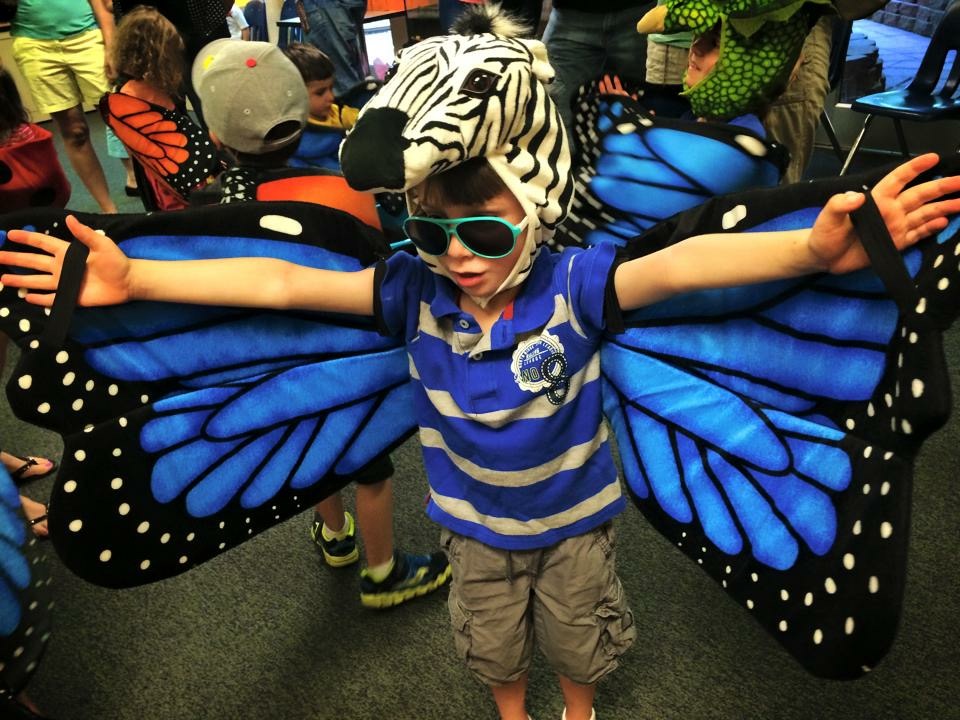Is your child gifted – meaning is he/she really smart? Does he/she have a high IQ and are special classes offered in school to accommodate the needs of the student?
We all think our children are smart, but are they truly gifted with a high IQ? The average range of IQ scores are:
• Gifted or moderately gifted – 130-145
• Highly gifted – 145-160
• Exceptionally gifted – 160- 180
• Profoundly gifted – 180 and above
Giftedness merely means that a child is significantly higher than the average child in intellectual ability. It may include general knowledge or specific knowledge. Some children may have a talent for math or in the skills of language.
Many schools use a variety of assessments to determine a student’s potential and giftedness. Some of the criteria used to determine if a child is gifted may be an IQ test score, a portfolio of the student’s work, classroom observations, and achievement tests if available.
Multiple intelligences (attitudes toward learning) have been associated with giftedness of some developmental areas that include interpersonal, interpersonal, bodily kinesthetic, linguist, logical-mathematical, musical, naturalistic, and spacial-visual.
Children that are gifted are usually more creative, curious, have an excellent memory, and generally have a large vocabulary. Gifted children also have conceptual understandings that require little repetition for recall. Some may be considered perfectionists and are emotionally sensitive. They also tend to challenge authority.
There is much controversy about the factors that determine intelligence. Many psychologists recognize that genetics as well as the environment play a role in a child’s intelligence. Evidence of genetic influence would be siblings being raised together in the same home would have similar IQs. As revealed by several studies, up to 40 percent of a child’s intelligence is passed down from the parents. Evidence of environmental influence would also include school attendance and the bonding factor between mother and child. That bonding enhances brain development.
Whether it is nature or nurture, there are many factors that contribute to a child’s intelligence. Investigate your child’s ability through what he or she is able to do and how your child is able to function around others. If you feel your child is highly intelligent, request testing. Most schools are required to test a child if requested by a parent. The results will tell you how to best educate your child for future success by evaluating and reporting on strengths and weaknesses.
Parent and teachers can become overwhelmed by the demands the gifted child can place on them. School and home stimulation and support in interests are vital to the development of talents. Gifted children usually benefit by spending some time in the classroom as well as outside of the classroom with children of similar abilities. It’s best if parents assist teachers to develop appropriate programs that will best suit the gifted student’s needs. Both in and out of the school environment children need to know that their uniqueness is appreciated.
Whether your child is gifted or average, make sure all his/her academic needs are being met. There is no one size fit all in education. Differentiation for the multiple intelligences is necessary because no one child learns the same.


